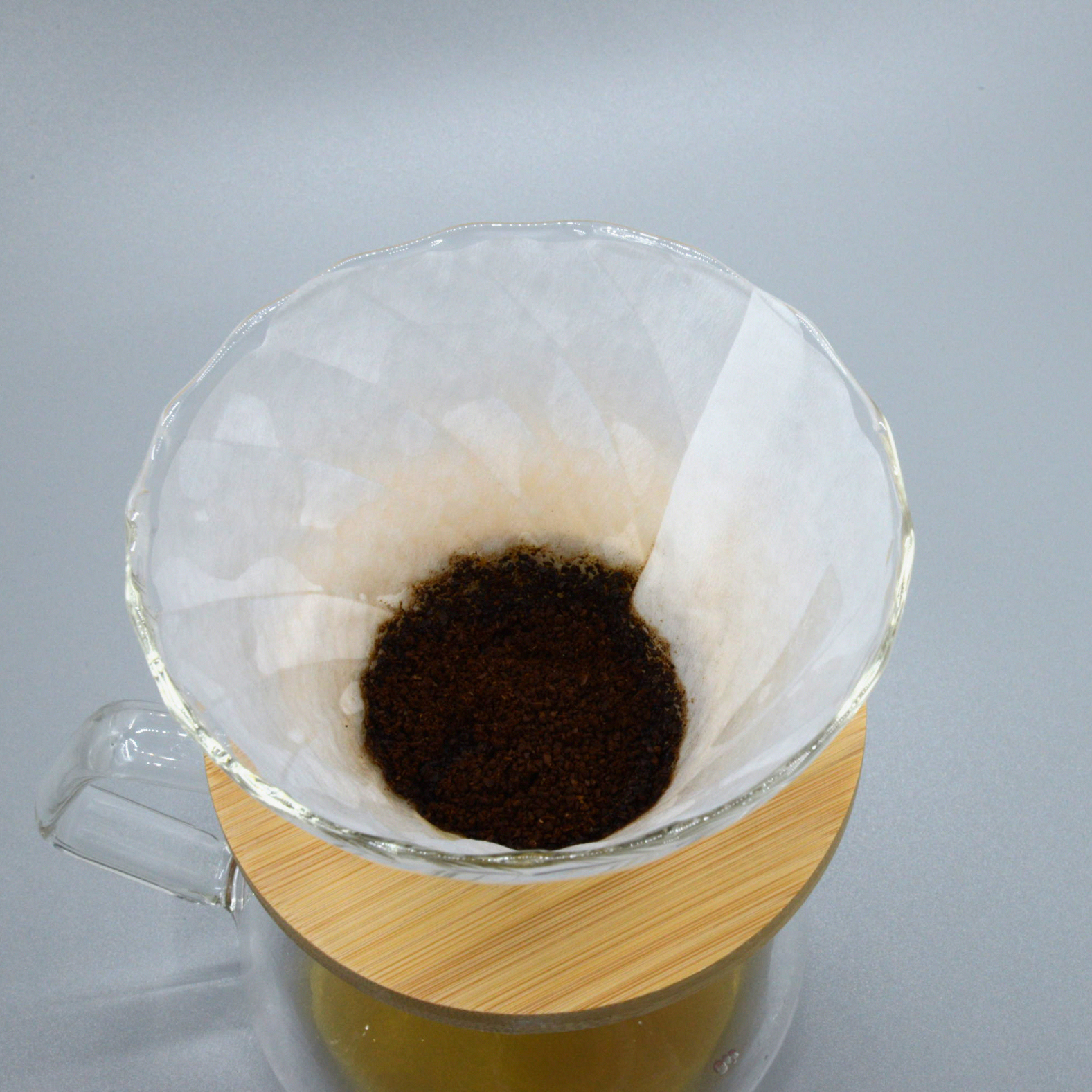August 17, 2024 – As coffee continues to become a daily habit for millions of people around the world, the role of high-quality coffee filters is more important than ever. Tonchant, a leading supplier of coffee packaging solutions, gives us a glimpse into the meticulous production process behind their premium coffee filters, highlighting their commitment to quality, precision and sustainability.
The Importance of High-Quality Coffee Filters
The quality of your coffee filter directly affects the taste and clarity of your brew. A well-made filter ensures that coffee grounds and oils are effectively filtered out, leaving only pure, rich flavor in the cup. Tonchant’s production process is designed to meet the highest industry standards, ensuring that every filter they produce enhances the coffee drinking experience.
Tonchant CEO Victor explains: “Producing high-quality coffee filters is a blend of art and science. Every step in our production process is carefully controlled to ensure our filters provide consistent, superior performance.”
Step-by-step production process
Tonchant’s coffee filter production involves several key stages, each of which is crucial to achieving the quality and functionality of the final product:
**1. Raw material selection
The production process starts with the selection of raw materials. Tonchant uses high-quality cellulosic fibers, primarily derived from sustainable wood or plant sources. These fibers were chosen for their strength, purity and environmental sustainability.
Sustainability focus: Tonchant ensures that raw materials come from responsibly managed forests and comply with international environmental management standards.
**2.Pulping process
The selected fibers are then processed into pulp, which is the main material used to make filter paper. The pulping process involves breaking down raw materials into fine fibers, which are then mixed with water to form a slurry.
Chemical-Free Process: Tonchant prioritizes a chemical-free pulping process to maintain the purity of the fiber and avoid any potential contamination that could affect the flavor of the coffee.
**3. Sheet formation
The slurry is then spread onto a screen and begins to take the form of a paper. This step is crucial to control the thickness and porosity of the filter paper, which directly affects flow rate and filtration efficiency.
Consistency and Precision: Tonchant uses advanced machinery to ensure consistent thickness and even fiber distribution in every sheet.
**4. Pressing and drying
Once the sheet is formed, it is pressed to remove excess water and compact the fibers. The pressed paper is then dried using controlled heat, solidifying the structure of the paper while maintaining its filtering properties.
Energy efficiency: Tonchant’s drying process is designed to increase energy efficiency and reduce the environmental impact of production.
**5. Cutting and shaping
Once dry, cut the filter paper into the desired shape and size based on the intended use. Tonchant makes filters in a variety of shapes, from round to conical, suitable for different brewing methods.
Customization: Tonchant offers custom cutting and shaping services, allowing brands to create unique filters that fit specific brewing equipment.
**6. Quality control
Every batch of coffee filters undergoes strict quality control inspections. Tonchant tests parameters such as thickness, porosity, tensile strength and filtration efficiency to ensure each filter meets the highest standards.
Lab Testing: Filters are tested in a lab environment to simulate real brewing conditions to ensure they perform optimally in all situations.
**7. Packaging and Distribution
Once the filter paper passes quality control, it is carefully packaged to maintain its integrity during shipping and storage. Tonchant uses environmentally friendly packaging materials that meet its sustainability goals.
Global reach: Tonchant’s distribution network ensures that its high-quality coffee filters are available to customers around the world, from large coffee chains to independent cafes.
Pay attention to sustainable development
Throughout the entire production process, Tonchant strives to minimize its impact on the environment. The company prioritizes sustainable practices, from raw material sourcing to energy-efficient manufacturing processes and environmentally friendly packaging.
“Our production process is not only designed to produce the best coffee filters possible, but it is also done in a way that respects the environment,” says Victor. “Sustainability is at the heart of everything we do at Tonchant.”
Innovation and future development
Tonchant is constantly researching new materials and technologies to further improve the quality and sustainability of our coffee filters. The company is exploring the use of alternative fibers such as bamboo and recycled materials to create more environmentally friendly products.
For more information about Tonchant’s coffee filter manufacturing process and their commitment to quality and sustainability, please visit [Tonchant's website] or contact their customer service team.
About Tongshang
Tonchant is a leading manufacturer of coffee packaging solutions, specializing in custom coffee bags, drip coffee filters and eco-friendly paper filters. Tonchant focuses on innovation, quality and sustainability, helping coffee brands improve product quality and reduce environmental impact.
Post time: Aug-23-2024
